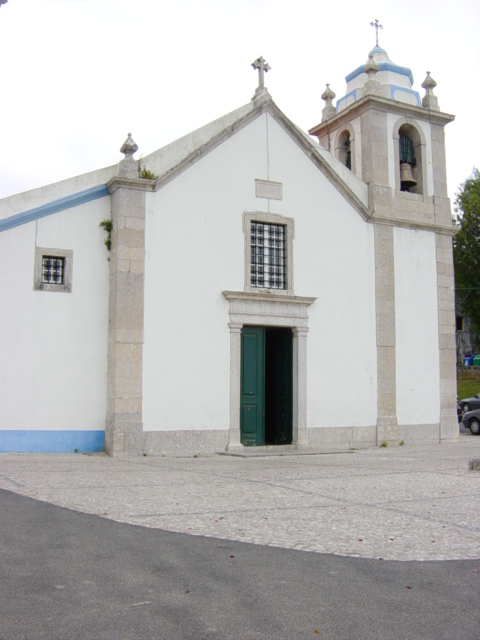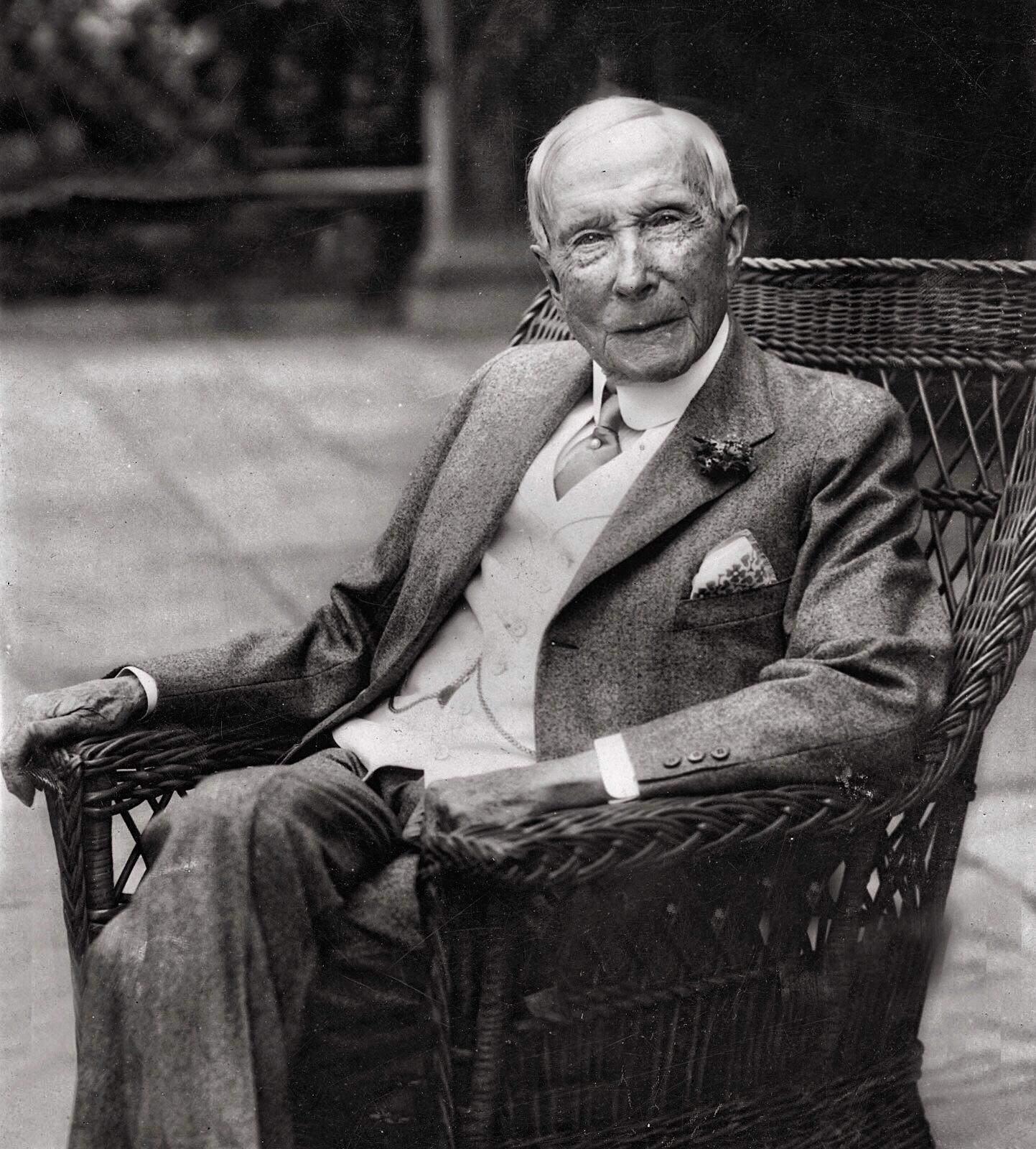|
Francisco Cambournac
Francisco Cambournac (26 December 1903 – 8 June 1994) was a notable Portuguese doctor. He came to the fore in the field of Malariology, a subject that contributed greatly to Portuguese medicine. He won the Léon Bernard Foundation Prize in 1978. Biography Cambournac was born on 26 of December 1903 in Rio de Mouro, Portugal and was educated at the University of Lisbon and graduated in 1929. He then specialised in tropical medicine, hygiene, and malaria between 1934 and 1943 while joining missions that examined health care in Portuguese colonies. Cambournac was made a professor of hygiene at the Tropical Medicine Institute, Lisbon in 1946. He served as the regional director of the World Health Organization’s African Regional Office between 1954 and 1964 working on malaria research before continuing his work at Rockefeller Foundation. He won the Léon Bernard Foundation Prize in 1978 for outstanding service in the field of social medicine. Cambournac died on 8 June 1 ... [...More Info...] [...Related Items...] OR: [Wikipedia] [Google] [Baidu] |
Rio De Mouro
Rio de Mouro () is a town and civil parish in the municipality of Sintra, Portugal. It is located at a distance of 15 km from the capital, Lisbon Lisbon (; pt, Lisboa ) is the capital and largest city of Portugal, with an estimated population of 544,851 within its administrative limits in an area of 100.05 km2. Grande Lisboa, Lisbon's urban area extends beyond the city's administr .... The population in 2011 was 47,311, in an area of 16.49 km². References External links *Official homepage of Rio de Mouro town hall Parishes of Sintra {{Lisbon-geo-stub ... [...More Info...] [...Related Items...] OR: [Wikipedia] [Google] [Baidu] |
Malariology
Malaria is a Mosquito-borne disease, mosquito-borne infectious disease that affects humans and other animals. Malaria causes Signs and symptoms, symptoms that typically include fever, fatigue (medical), tiredness, vomiting, and headaches. In severe cases, it can cause jaundice, Epileptic seizure, seizures, coma, or death. Symptoms usually begin ten to fifteen days after being bitten by an infected mosquito. If not properly treated, people may have recurrences of the disease months later. In those who have recently survived an infection, reinfection usually causes milder symptoms. This partial Immunity (medical), resistance disappears over months to years if the person has no continuing exposure to malaria. Malaria is caused by protozoa, single-celled microorganisms of the ''Plasmodium'' group. It is spread exclusively through bites of infected ''Anopheles'' mosquitoes. The mosquito bite introduces the parasites from the mosquito's saliva into a person's blood. The parasites trav ... [...More Info...] [...Related Items...] OR: [Wikipedia] [Google] [Baidu] |
World Health Organization
The World Health Organization (WHO) is a specialized agency of the United Nations responsible for international public health. The WHO Constitution states its main objective as "the attainment by all peoples of the highest possible level of health". Headquartered in Geneva, Switzerland, it has six regional offices and 150 field offices worldwide. The WHO was established on 7 April 1948. The first meeting of the World Health Assembly (WHA), the agency's governing body, took place on 24 July of that year. The WHO incorporated the assets, personnel, and duties of the League of Nations' Health Organization and the , including the International Classification of Diseases (ICD). Its work began in earnest in 1951 after a significant infusion of financial and technical resources. The WHO's mandate seeks and includes: working worldwide to promote health, keeping the world safe, and serve the vulnerable. It advocates that a billion more people should have: universal health care coverag ... [...More Info...] [...Related Items...] OR: [Wikipedia] [Google] [Baidu] |
Rockefeller Foundation
The Rockefeller Foundation is an American private foundation and philanthropic medical research and arts funding organization based at 420 Fifth Avenue, New York City. The second-oldest major philanthropic institution in America, after the Carnegie Corporation, the foundation was ranked as the 39th largest U.S. foundation by total giving as of 2015. By the end of 2016, assets were tallied at $4.1 billion (unchanged from 2015), with annual grants of $173 million. According to the OECD, the foundation provided US$103.8 million for development in 2019. The foundation has given more than $14 billion in current dollars. The foundation was started by Standard Oil magnate John D. Rockefeller ("Senior") and son "Junior", and their primary business advisor, Frederick Taylor Gates, on May 14, 1913, when its charter was granted by New York. The foundation has had an international reach since the 1930s and major influence on global non-governmental organizations. The World Health Organiza ... [...More Info...] [...Related Items...] OR: [Wikipedia] [Google] [Baidu] |
University Of Lisbon
The University of Lisbon (ULisboa; pt, Universidade de Lisboa, ) is a public research university in Lisbon, and the largest university in Portugal. It was founded in 2013, from the merger of two previous public universities located in Lisbon, the former University of Lisbon (1911–2013) and the Technical University of Lisbon (1930–2013). History The first Portuguese university was established in Lisbon between 1288 and 1290, when Dinis I promulgated the letter ''Scientiae thesaurus mirabili'', granting several privileges to the students of the ''studium generale'' in Lisbon, proving that it was already founded on that date. There was an active participation in this educational activity by the Portuguese Crown and its king, through its commitment of part of the subsidy of the same, as by the fixed incomes of the Church. This institution moved several times between Lisbon and Coimbra, where it settled permanently in 1537. The current University of Lisbon is the result of the ... [...More Info...] [...Related Items...] OR: [Wikipedia] [Google] [Baidu] |
LĂ©on Bernard Foundation Prize
World Health Organization Prizes and Awards are given to recognise major achievements in public health. The candidates are nominated and recommended by each prize and award selection panel. The WHO Executive Board selects the winners, which are presented during the World Health Assembly. Some of these awards are originally stated by WHO and other were inherited from the League of Nations. Léon Bernard Foundation Prize Established in 1937 in memory of professor Léon Bérard (1876–1960), one of the founders of League of Nations, the League of Nations, to celebrate outstanding service in the field of social medicine. The prize is awarded when there is enough funding, consisting of a bronze medal and a sum of 2500 Swiss franc, CHF to be awarded to a person who has accomplished it. Ihsan Doğramacı Family Health Foundation Prize Established in 1980 by professor İhsan Doğramacı (1915–2010) to celebrate paediatricians and child health specialists who have given distingui ... [...More Info...] [...Related Items...] OR: [Wikipedia] [Google] [Baidu] |
Malaria
Malaria is a mosquito-borne infectious disease that affects humans and other animals. Malaria causes symptoms that typically include fever, tiredness, vomiting, and headaches. In severe cases, it can cause jaundice, seizures, coma, or death. Symptoms usually begin ten to fifteen days after being bitten by an infected mosquito. If not properly treated, people may have recurrences of the disease months later. In those who have recently survived an infection, reinfection usually causes milder symptoms. This partial resistance disappears over months to years if the person has no continuing exposure to malaria. Malaria is caused by single-celled microorganisms of the ''Plasmodium'' group. It is spread exclusively through bites of infected ''Anopheles'' mosquitoes. The mosquito bite introduces the parasites from the mosquito's saliva into a person's blood. The parasites travel to the liver where they mature and reproduce. Five species of ''Plasmodium'' can infect and be spread by h ... [...More Info...] [...Related Items...] OR: [Wikipedia] [Google] [Baidu] |
Malaria
Malaria is a mosquito-borne infectious disease that affects humans and other animals. Malaria causes symptoms that typically include fever, tiredness, vomiting, and headaches. In severe cases, it can cause jaundice, seizures, coma, or death. Symptoms usually begin ten to fifteen days after being bitten by an infected mosquito. If not properly treated, people may have recurrences of the disease months later. In those who have recently survived an infection, reinfection usually causes milder symptoms. This partial resistance disappears over months to years if the person has no continuing exposure to malaria. Malaria is caused by single-celled microorganisms of the ''Plasmodium'' group. It is spread exclusively through bites of infected ''Anopheles'' mosquitoes. The mosquito bite introduces the parasites from the mosquito's saliva into a person's blood. The parasites travel to the liver where they mature and reproduce. Five species of ''Plasmodium'' can infect and be spread by h ... [...More Info...] [...Related Items...] OR: [Wikipedia] [Google] [Baidu] |
Portuguese Empire
The Portuguese Empire ( pt, Império Português), also known as the Portuguese Overseas (''Ultramar Português'') or the Portuguese Colonial Empire (''Império Colonial Português''), was composed of the overseas colonies, factories, and the later overseas territories governed by Portugal. It was one of the longest-lived empires in European history, lasting almost six centuries from the conquest of Ceuta in North Africa, in 1415, to the transfer of sovereignty over Macau to China in 1999. The empire began in the 15th century, and from the early 16th century it stretched across the globe, with bases in North and South America, Africa, and various regions of Asia and Oceania. The Portuguese Empire originated at the beginning of the Age of Discovery, and the power and influence of the Kingdom of Portugal would eventually expand across the globe. In the wake of the Reconquista, Portuguese sailors began exploring the coast of Africa and the Atlantic archipelagos in 1418–1419, u ... [...More Info...] [...Related Items...] OR: [Wikipedia] [Google] [Baidu] |
Social Medicine
The field of social medicine seeks to implement social care through # understanding how social and economic conditions impact health, disease and the practice of medicine and # fostering conditions in which this understanding can lead to a healthier society. Social medicine as a scientific field gradually began in the early 19th century, the Industrial Revolution and the subsequent increase in poverty and disease among workers raised concerns about the effect of social processes on the health of the poor. The field of social medicine is most commonly addressed today by public health efforts to understand what are known as social determinants of health. Scope The major emphasis on biomedical science in medical education, health care, and medical research has resulted into a gap with our understanding and acknowledgement of far more important social determinants of public health and individual disease: social-economic inequalities, war, illiteracy, detrimental life-styles (smoki ... [...More Info...] [...Related Items...] OR: [Wikipedia] [Google] [Baidu] |
Lisbon
Lisbon (; pt, Lisboa ) is the capital and largest city of Portugal, with an estimated population of 544,851 within its administrative limits in an area of 100.05 km2. Grande Lisboa, Lisbon's urban area extends beyond the city's administrative limits with a population of around 2.7 million people, being the List of urban areas of the European Union, 11th-most populous urban area in the European Union.Demographia: World Urban Areas - demographia.com, 06.2021 About 3 million people live in the Lisbon metropolitan area, making it the third largest metropolitan area in the Iberian Peninsula, after Madrid and Barcelona. It represents approximately 27% of the country's population. [...More Info...] [...Related Items...] OR: [Wikipedia] [Google] [Baidu] |








